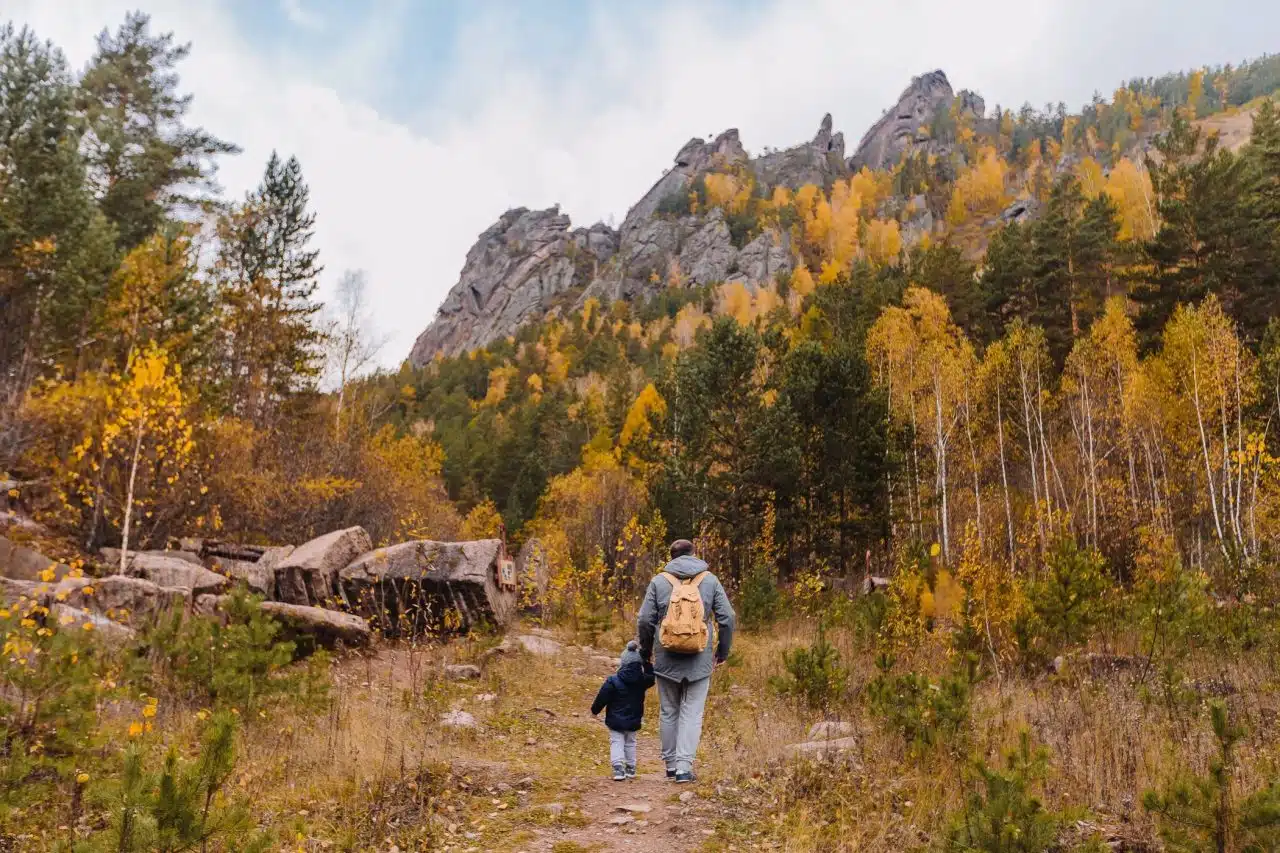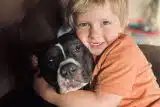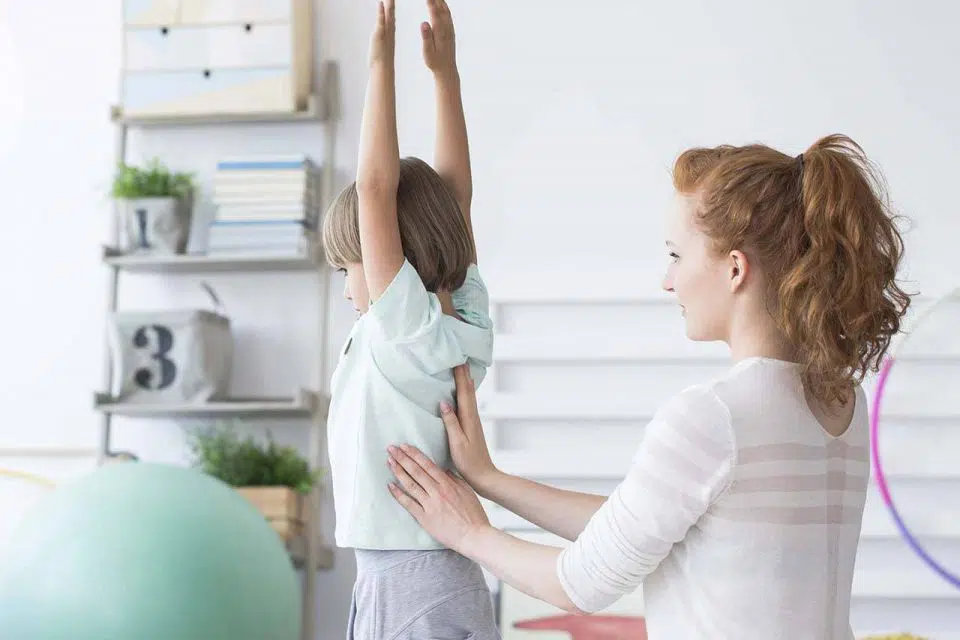3 Enriching Summer Activities to Encourage Language Development
Parenting Tips
 Posted by: Rebecca Bazzoni 2 years ago
Posted by: Rebecca Bazzoni 2 years ago
1. Take a Hike/Nature Walk with the Family!
Hiking not only provides children and adults with well-needed exercise and fresh air, but it also introduces your child to new and exciting locations to expand his or her language.
What/Who is needed? Any outdoor space, active imagination, outdoor clothes and, of course, You and Your Child.
Expanding Expressive and Receptive Language
• Grab two leaves or flowers. Ask your child how the leaves are similar and different.
• For the younger kiddos, point at different plants. Have them name the color.
• If your child points out something to you, ask, “Where is it.” Try to have them name the spatial location of the item using prepositions (e.g., “IN the tree,” “BEHIND the log,” “UNDER the leaf.”)
• Make a scavenger hunt using qualitative concepts. See who can find the BIGGEST LEAF, the SMALLEST flower, the TALLEST tree, the LONGEST worm.
• Have your child make inferences regarding where objects or items originated? If you find an interesting stick, ask your child, “Where do you think it came from?” Ask your child questions and encourage them to do the same. Remain curious and, if you do not know the answer to a question your child asks, look it up together when you get home!
• Touch objects/plants that you are familiar with, and you know to be safe (e.g. Dandelions, leaves, wildflowers, worms, etc.). Describe the texture of these items and ask your child what they “feel like” to them. Also, do not be afraid to get messy!
• Extra: You can bring a book of common Midwestern flowers on your hike. When you find a flower, have your child attempt to match it with a flower found in the book! Read the description of the flower together and make a mental note to point out the same type of flower again if you find it on your hike. Repetition helps an unfamiliar word solidify into a child’s vocabulary.
2. Bubble fun!
Blowing bubbles with your kids not only can improve language development but can also improve speech and oral motor control!
What/Who is Needed? Bubbles and, of course, You and Your Child…. that is it!!
Expanding Expressive and Receptive Language
• Work on the concept of “up” and “down” as the bubbles float upwards and downwards.
• Point out if the bubble is “big” or “small.”
• Describe the bubble as your child pops it. Was it “sticky” or “wet?”
• Did it pop on your “face” or “finger” or “foot” or “shoulder.” Identifying the location that the bubble popped can help children better understand body parts.
Articulation and Oral Motor Control
• Let your child take a turn blowing the bubbles! This will help their overall oral-motor coordination by teaching them how to make a circle with their lips while blowing, enacting both their respiratory (breathing) system with their lips and mouth, which is all vital to speech production!!!
• When you pop a bubble, model the word “pop” for your child. The “p” sound is typically the first sound developed by your child; therefore, “pop” is an amazing word for your child to practice saying!
3. Play with Water!
Exactly as the description suggests, play with water! The hot months during the summer provide the perfect time for children to play outside with the water, while gaining new language skills!
What/ Who is Needed? Anything water-related: a hose, a sprinkler, a slip-and-slide, a pool, a spigot, clothes you do not mind getting wet, and, of course, You and Your Child.
Expanding Expressive and Receptive Language
• Differentiate the difference between “dry” and “wet.”
• Practice the following water-related verbs with your child: “splashing, swimming, sprinkling, drenching, plunging, dunking, spraying, soaking, diving,” etc.
• Identify the concept of clean vs dirty with the hose or spigot. Whether it be your child’s hands or a muddy rock, model the difference between clean and dirty using water.
Whatever summer activity you choose, the most important aspect is that you are spending quality time with your child while helping expand his or her language.
Written by McKayla Fielstra, CF-SLP

Categories:
You May Be Interested In:

Why Routines Matter for Kids: Structure, Security, Success
6 months ago by Rebecca Bazzoni

6 Ways Talking To Your Baby Builds Language, Connection & Cognitive Development
10 months ago by Rebecca Bazzoni

Accessible Holiday Celebrations
1 year ago by Rebecca Bazzoni

Jaxon Comes to Joe’s
2 years ago by Rebecca Bazzoni

